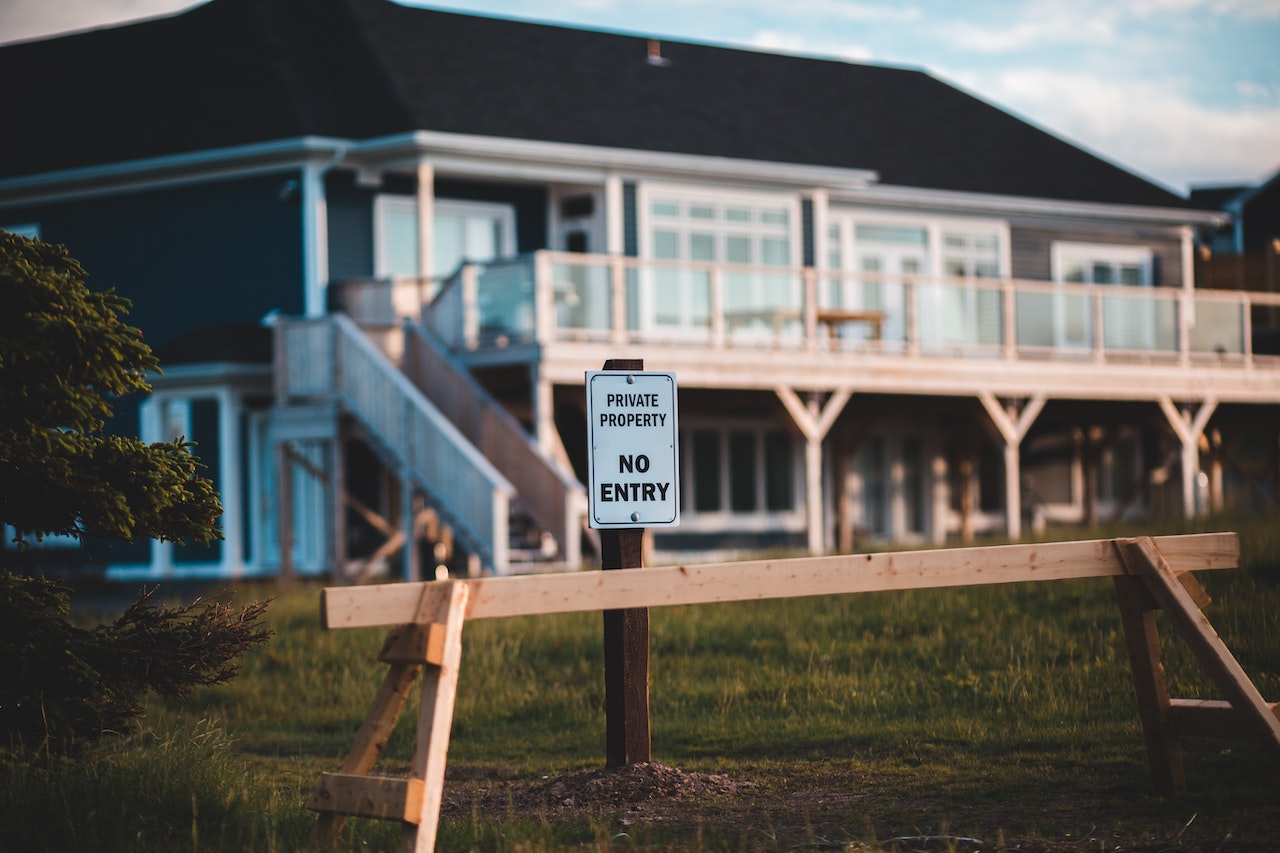When purchasing a property, knowing the potential legal complications that can arise from easements and encroachments is crucial. This article will discuss the differences between easements and encroachments, their impact on property ownership, and the role of title companies in NJ in mitigating these issues.
Easements
Easements are legal rights that allow one party to use another party’s land for a specific purpose, such as access to utilities or a shared driveway. Easements can be created through written agreements, by implication, or by prescription.
Types of Easements
There are several types of easements, including:
- Appurtenant Easements benefit a particular parcel of land and are transferred with the property when it changes ownership.
- Easements in Gross: These easements benefit a specific individual or entity, regardless of property ownership, and are not transferable.
- Prescriptive Easements: These easements are acquired through continuous, open, and notorious use of another’s property for a specified period, as defined by state law.
- Implied Easements: These easements are not explicitly stated but are inferred by the courts based on the circumstances and intent of the parties involved.
Importance of Easements
Easements ensure the proper functioning and accessibility of utilities, roads, and other shared infrastructure. They also help maintain good neighborly relations by establishing clear boundaries and expectations for the shared use of the property.
Encroachments
Encroachments occur when one property owner’s improvements, such as fences or buildings, extend onto another’s property without permission. This can lead to disputes and legal issues between neighbors.
Types of Encroachments
There are three main types of encroachments:
- Structural Encroachments: These involve physical structures extending onto another’s property, such as a building or a fence.
- Vegetative Encroachments occur when plants or trees from one property invade another’s property.
3. Subsurface Encroachments involve underground elements, such as pipes or cables, that cross property boundaries without permission.
Preventing Encroachments
To prevent encroachments, property owners should:
- Conduct a thorough property survey before any construction or improvement projects.
- Mark property boundaries with fences or other visible markers.
- Communicated with neighbors to ensure mutual understanding of property lines and shared use agreements.
The Role of Title Companies
Title companies in NJ play an essential role in identifying and addressing easements and encroachments during the property purchasing process.
Title Search Process
During the title search process, a title company examines public records to identify any potential issues, such as easements and encroachments, that could affect the property’s ownership. This helps buyers understand their rights and responsibilities regarding the property and ensures they are aware of any potential legal complications.
Title Insurance
Title insurance protects property buyers from financial loss due to defects in the title, including undisclosed easements and encroachments. In addition, by purchasing title insurance, buyers can ensure they are protected in case any issues arise after the property purchase.
How Easements and Encroachments Affect Property Ownership
Easements and encroachments can have significant implications for property owners, including legal ramifications, property value impacts, and the need for resolution.
Legal Ramifications
In the case of easements, property owners must abide by the terms of the easement agreement, which may limit their ability to use or develop their land in specific ways. Conversely, encroachment can result in legal disputes between neighbors that may require court intervention.
Property Value Impact
Easements and encroachments can negatively affect a property’s value. For example, a buyer may be less likely to purchase a property with an easement that limits its use or an encroachment that requires costly legal action to resolve.
Resolving Issues
In some cases, easements and encroachments can be resolved through negotiation between the affected parties. However, legal action may be necessary to settle disputes and determine the proper course of action in other instances.
Conclusion
Easements and encroachments can significantly impact property ownership, making it crucial for buyers to be aware of these issues before purchasing a property. Title companies in NJ, such as through their title search process and insurance, play a vital role in identifying and addressing these concerns, helping buyers make informed decisions and protect their investments.

